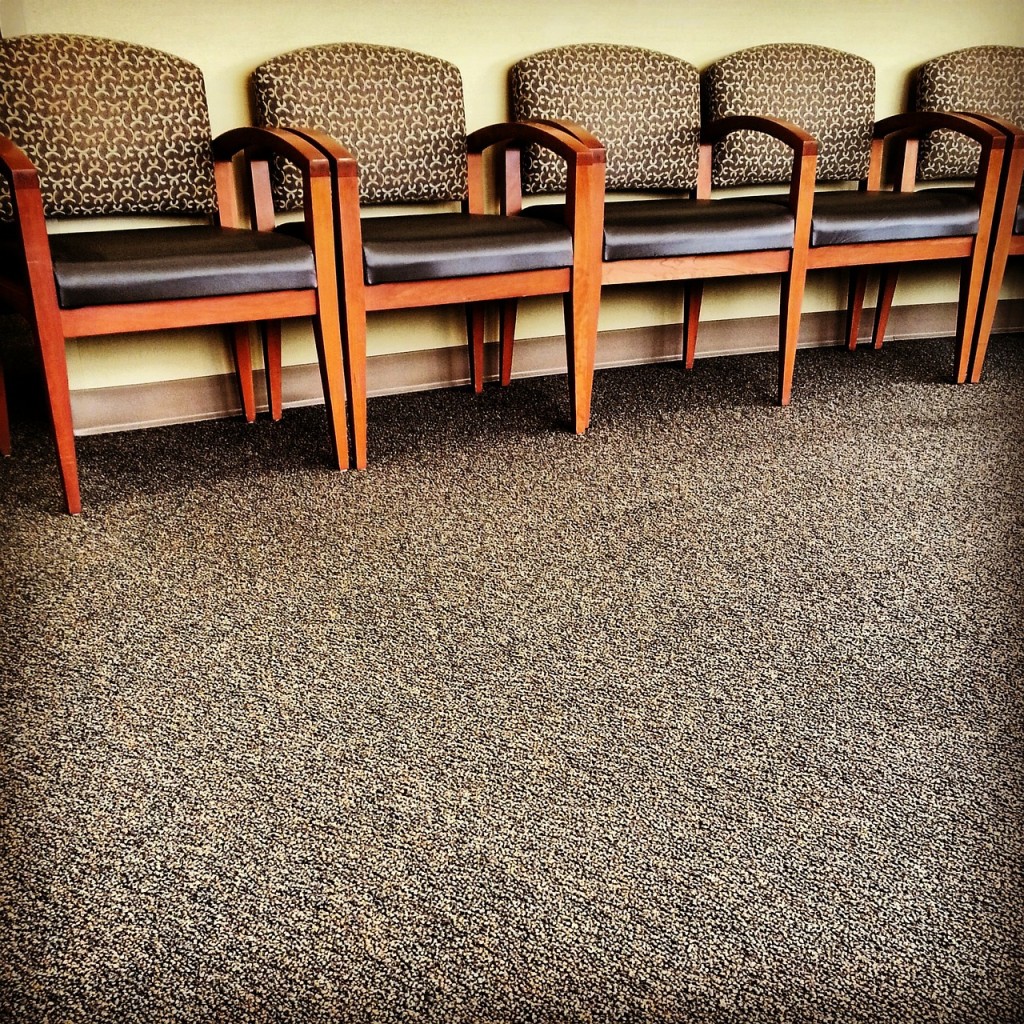- Calls to this hotline are currently being directed to Within Health, Fay or Eating Disorder Solutions
- Representatives are standing by 24/7 to help answer your questions
- All calls are confidential and HIPAA compliant
- There is no obligation or cost to call
- Eating Disorder Hope does not receive any commissions or fees dependent upon which provider you select
- Additional treatment providers are located on our directory or samhsa.gov
How to Determine if You Need a Higher Level of Treatment Care

The process of recovering from an eating disorder is one that journeys through many ups and downs. As difficult as it can be to experience the lows, relapses are often part of the recovery journey, enabling a person to learn from their struggles and find resolve to continue fighting for their life and freedom. So how do you determine if you need a higher level of treatment care?
As a student who is in recovery from an eating disorder, there may be unique challenges that a person is confronted with during their college days, which can make the process more difficult at times.
While attending college can typically be done during outpatient treatment, there may come a time where a higher level of care is needed and necessary. Recognizing the signs and symptoms that may indicate professional intervention and higher level of treatment is necessary for staying in recovery. What are some factors that may determine is a higher level of care is needed?
Be aware of the following indicators:
 Changes in Weight: If you have been in recovery from an eating disorder and are not able to maintain an appropriate weight, this may be indicative that a higher level of treatment care is necessary for intervention. If you have experienced drastic weight changes, consider what might be influencing this and whether or not you need professional help sustaining a weight that keeps your body healthy.
Changes in Weight: If you have been in recovery from an eating disorder and are not able to maintain an appropriate weight, this may be indicative that a higher level of treatment care is necessary for intervention. If you have experienced drastic weight changes, consider what might be influencing this and whether or not you need professional help sustaining a weight that keeps your body healthy.- Changes in Eating Habits: If you have observed any changes in how you normally eat, this too can be a reflection of relapse and need for professional intervention. Any behaviors that including restricting, binging, and/or purging after eating may be indicative of something much for serious and require a higher level of care.
- Co occurring Disorders: It is not uncommon for co-occurring mental disorders to arise with eating disorders or to develop as an eating disorder subsides. This may include depression, anxiety, substance abuse, and other mood disorders. IF you have found yourself struggling with mood or personality changes, this may warrant greater attention as well and require higher level of care to ensure these disorders are appropriately addressed.
Moving to a higher level of care can be difficult, but it does not mean failure. It simply indicates that you might need some extra care and attention to help you get through a difficult time. If you have found yourself in this situation, be sure to talk with a professional about the appropriate level of treatment for you.
About the Author:

Crystal Karges, MS, RDN, IBCLC is a Masters-level Registered Dietitian Nutritionist (RDN) with a specialty focus in eating disorders, maternal/child health and wellness, and intuitive eating. Combining clinical experience with a love of social media and writing. As a Certified Intuitive Eating Counselor, Crystal has dedicated her career to helping others establish a healthy relationship with food and body through her nutrition private practice.
The opinions and views of our guest contributors are shared to provide a broad perspective of eating disorders. These are not necessarily the views of Eating Disorder Hope, but an effort to offer a discussion of various issues by different concerned individuals. We at Eating Disorder Hope understand that eating disorders result from a combination of environmental and genetic factors. If you or a loved one are suffering from an eating disorder, please know that there is hope for you, and seek immediate professional help.
Last Updated & Reviewed By: Jacquelyn Ekern, MS, LPC on August 28, 2015. Published on EatingDisorderHope.com

The EatingDisorderHope.com editorial team comprises experienced writers, editors, and medical reviewers specializing in eating disorders, treatment, and mental and behavioral health.

